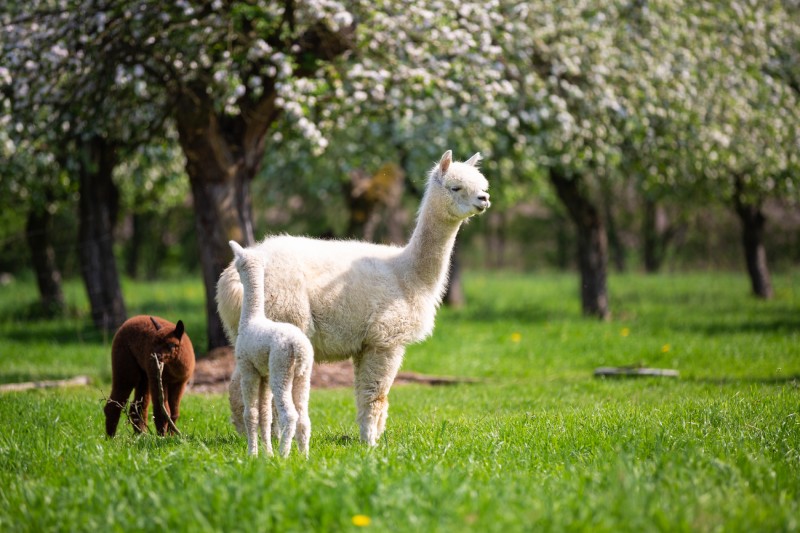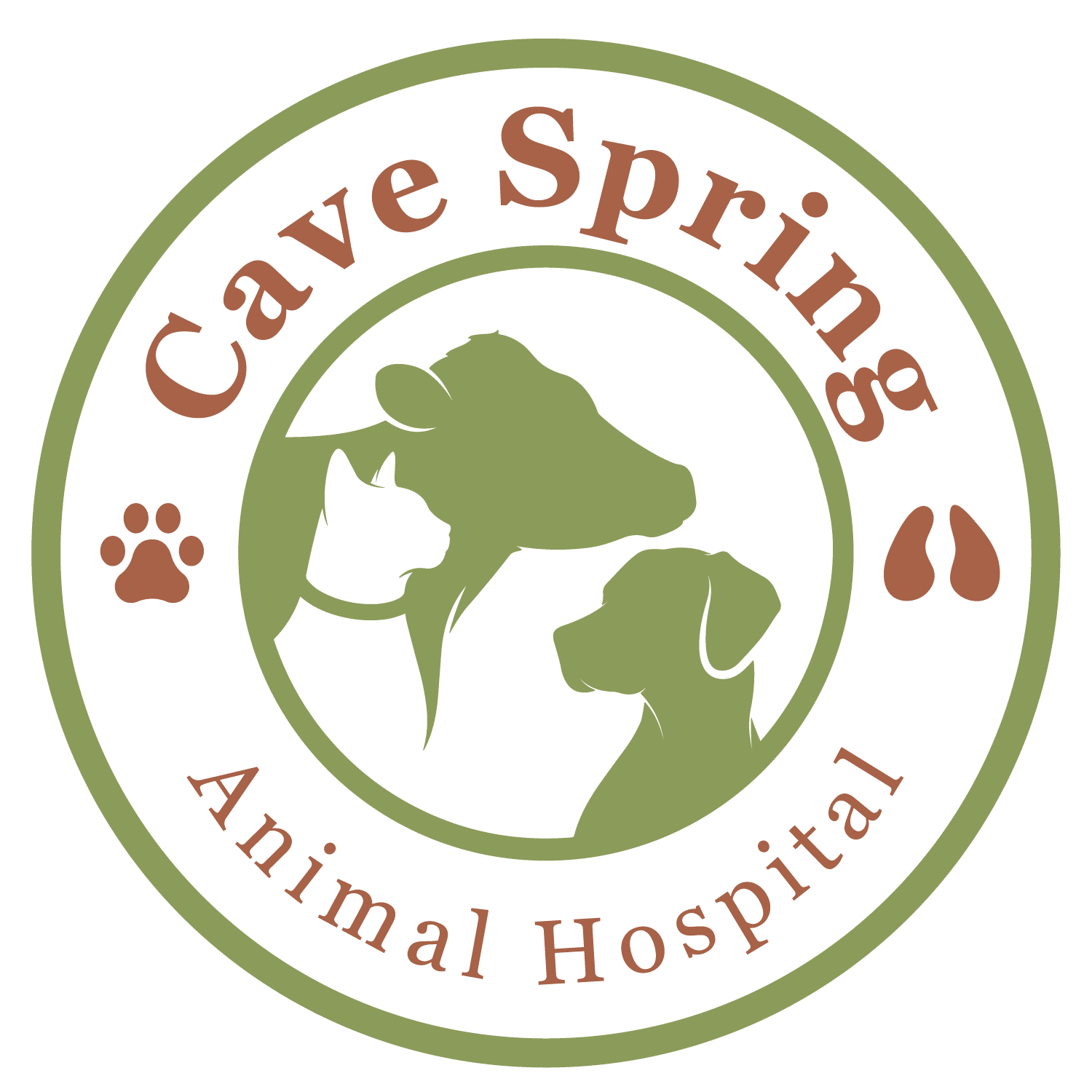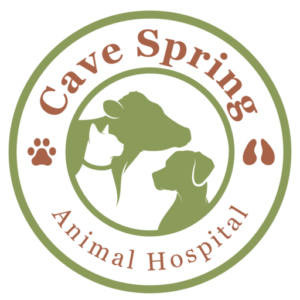
Llamas and alpacas, with their gentle nature and luxurious fleece, are captivating the hearts of many Cave Spring, GA residents. These charming creatures bring joy to farms and homes, offering companionship, weed control, and a source of beautiful fiber. But just like any pet or livestock, llamas and alpacas require specialized veterinary care to thrive.
Understanding Your Llama & Alpaca’s Veterinary Needs
Llamas and alpacas, though classified as farm animals, have distinct healthcare needs compared to cows, horses, or other traditional livestock. Their unique digestive system, known as a ruminant system, functions differently than their bovine counterparts. Here are some key aspects to understand:
- Routine Checkups: Similar to other animals, regular checkups are essential for early detection of potential health issues. These exams allow the veterinarian to assess your llama or alpaca’s overall health, monitor growth and development, and ensure proper body condition.
- Vaccinations: Specific vaccinations are crucial for protecting your llamas and alpacas from preventable diseases. Common vaccinations include Clostridial diseases (blackleg, overeating disease, malignant edema), rabies, and enterotoxemia. Your veterinarian will determine the appropriate vaccination schedule based on your animal’s age, lifestyle, and potential risks.
- Parasite Control: Just like any other animal, llamas and alpacas are susceptible to internal and external parasites. These parasites can cause discomfort, hinder nutrient absorption, and even lead to health complications. Regular parasite control programs, recommended by your veterinarian, are critical for maintaining your animal’s health and well-being.
- Camelid Anatomy & Physiology: Llamas and alpacas belong to the Camelidae family, which also includes camels. Their anatomy and physiology differ from other farm animals. Finding a veterinarian with experience and knowledge in camelid healthcare ensures they can provide the most effective care for your unique animal.
Qualities to Look for in a Llama & Alpaca Veterinarian
Choosing the right veterinarian for your llamas and alpacas is an important decision. Here are some key qualities to consider when making your selection:
- Experience: Seek a veterinarian who has a proven track record in treating llamas and alpacas. Experience translates to knowledge of specific health issues, common procedures, and best practices for camelid care. Look for clinics that advertise expertise in camelid health or inquire about their experience with these animals during your initial consultation.
- Bedside Manner: A calm and gentle demeanor is crucial when working with llamas and alpacas. These animals can be easily stressed, and a veterinarian with a good bedside manner can minimize anxiety and ensure a more positive veterinary experience for your animal.
- Communication Skills: Open and clear communication is vital for building trust and ensuring optimal care for your llamas and alpacas. The veterinarian should be able to explain diagnoses and treatment plans in a way that is easy to understand.
- Facility Capabilities: Access to necessary equipment and resources is essential. The ideal facility should have the capability to perform routine checkups, vaccinations, and parasite control on-site. Additionally, inquire about the clinic’s referral network in case your animal requires more specialized care or procedures.
Building a Relationship with Your Llama & Alpaca Veterinarian
Developing a strong relationship with your veterinarian is key to your llama or alpaca’s health and well-being. Here are some steps to foster a positive and productive partnership:
- Schedule Regular Checkups: Routine checkups, even when your animal seems healthy, are crucial for establishing a baseline for their health. These exams allow the veterinarian to identify potential issues early on, when they are often easier and more affordable to manage.
- Open Communication: Don’t hesitate to ask questions and voice any concerns you may have about your llama or alpaca’s health. The veterinarian is there to guide you and provide the best possible care, so open communication is essential.
- Preventative Care: Regular checkups, vaccinations, and parasite control programs are all forms of preventative care. Implementing these practices can significantly reduce the risk of serious health problems and contribute to your animal’s overall well-being.
- Emergency Preparedness: Be prepared for unforeseen situations. Discuss emergency procedures with your veterinarian and have their contact information readily available. Knowing what to do in an emergency can save valuable time and potentially your animal’s life.
Partnering with Cave Spring Animal Hospital for Expert Llama & Alpaca Care
At Cave Spring Animal Hospital, we understand the unique needs of llamas and alpacas. Our team of experienced veterinarians is passionate about providing comprehensive and compassionate care for these remarkable animals. Whether you reside in Cave Spring or the surrounding communities of Cedartown, Centre, Rome, Cartersville, we are dedicated to serving the llama and alpaca population in the greater Cave Spring, GA region.
If you’re seeking a veterinarian experienced in camelid healthcare, look no further than Cave Spring Animal Hospital. We offer a welcoming environment, state-of-the-art equipment, and a genuine passion for these fascinating creatures. Schedule an appointment today and let us partner with you in ensuring your llama or alpaca thrives for years to come.

